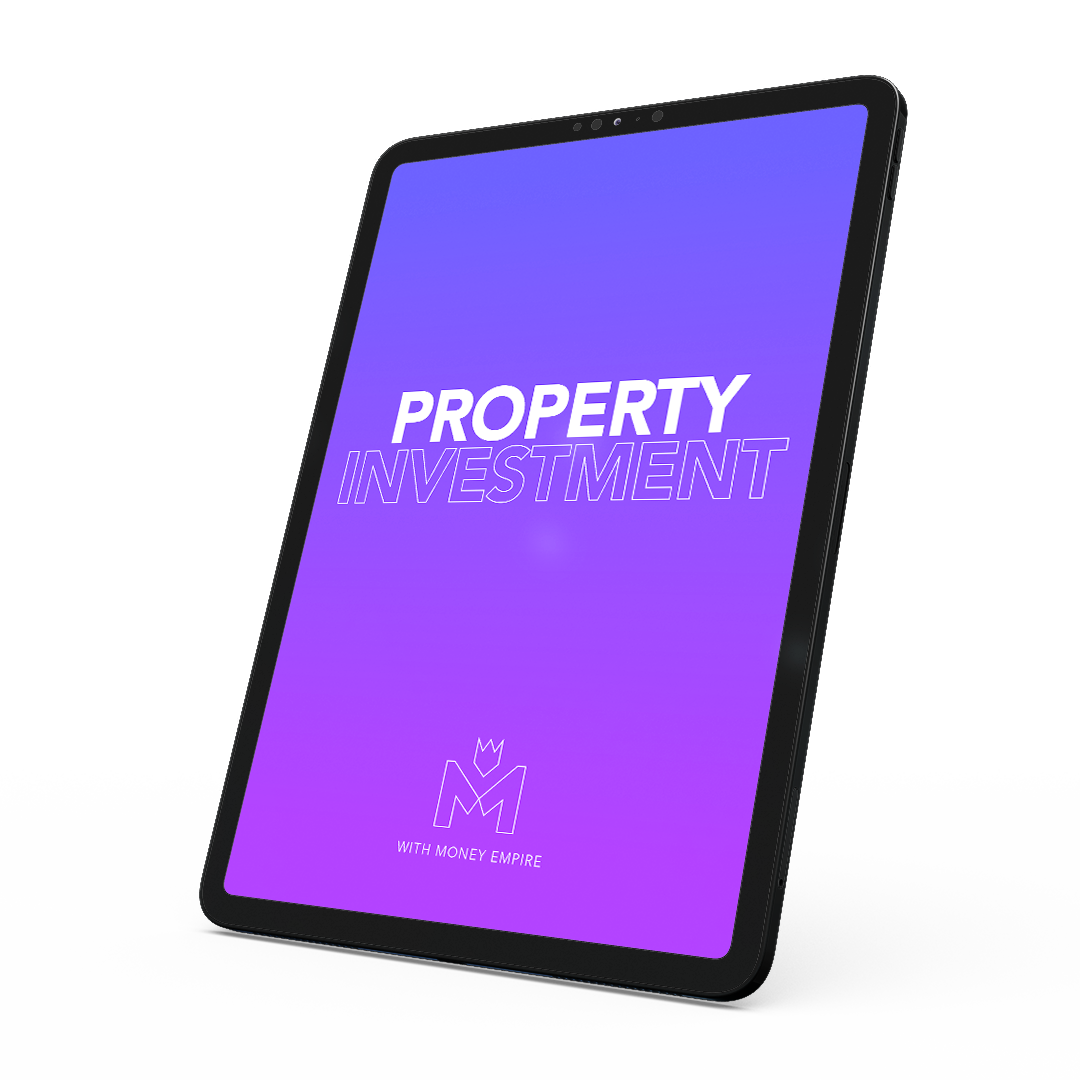Property Investment Services New Zealand
Why Should I Invest In The New Zealand Property Market?
Unlike intangible assets, property investment offers advantages through tangible ownership and control, backed by a history of steady 6% annual growth. Stability, leverage benefits, passive income potential, and strong bank support make it a standout choice.
Property is Tangible
Property is Stable
Property is Leverageable
Property Can Provide Passive Income
Property is Bankable
How does property investment work?
Strategic Residential Property Investment
High Yield, Low Capital Gain
Buying properties that generate awesome rental income compared to the purchase price. With good cashflow, you should receive regular income after property expenses.
Low Yield, High Capital Gains
Focusing on long-term growth and less on rental income. Aiming to maximise profit via the property value appreciating.
A Mixture Of Both
Property Investment Services
How Can We Help?
Leverage from our team of financial advisers that are experts in property and finance to obtain mortgages, debt structuring and insurance offerings tailored to your financial situation.
We have access to:
How do I get started?
Our Property Investment Process
Determine Your Position – Debt Servicing and Equity Position
One of our financial advisers will work with you and establish your financial position, goals and objectives. During this meeting, various options will be explored based on your current situation and future endeavors.
Specify Your Buying Preference and Start Searching
Discuss investment options and establish preferences - location, size, age, usage and growth opportunity.
After clarifying your property parameters and finance, you will be introduced to external professionals that we know and trust in their respective avenues.
Take The Leap
Once you have selected the right property for you it is time to place an offer. Your solicitor will guide you on how to make this once the Sale and Purchase has been reviewed and amended if needed by the professional.
What will this cost me?
- *Generally, this service is free due to the other services we may supply via mortgage, insurance and/or any external referrals payable to us by any third-party supplier involved in the transaction. This is all noted within our financial disclosure documents found under Legal.
Is it better to buy a new or existing house?
What is considered a new build property?
What is considered an existing property?
Why buy a new build?
Why buy an existing property?
Buying off the plans – what does this mean?
Property Calculators
Use these calculators to streamline the management of your property portfolio.
Cashflow Calculator
Understand what a property will yield you in income or whether it requires topping up. Simplify the computations of your investment property with our Cash Flow Calculator. This tool streamlines the process, enabling you to effortlessly calculate and refine your property’s cash flow.
Cashflow Calculator
Capital Growth Calculator
Explore the potential growth of your property investment with our Capital Growth Calculator. This dynamic tool allows you to forecast and plan for the appreciation of your property’s future value over time including allowance of additional properties within your portfolio.
Capital Growth Calculator
Download the Property Investment Ebook Now

Upon selecting “download ebook,” you grant Money Empire authorisation to include your information in our mailing list. Following this, you will be redirected, and the ebook will be accessible for download.




